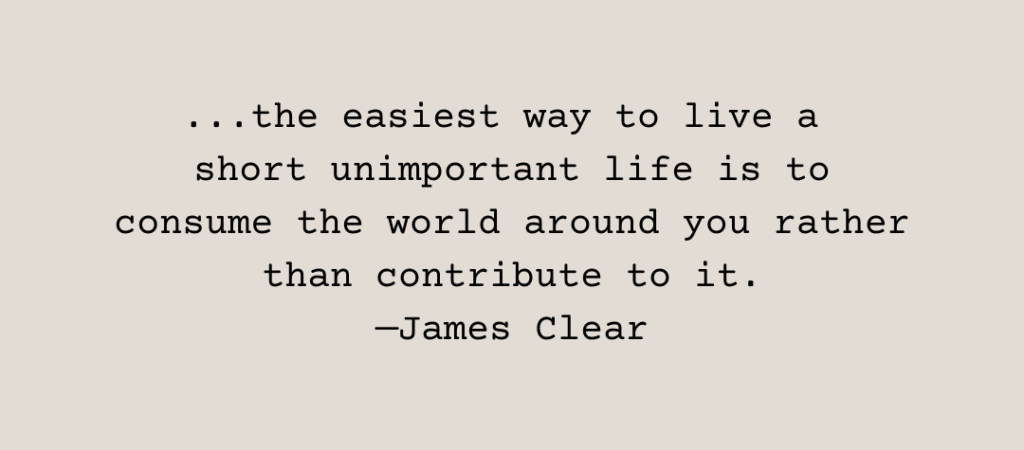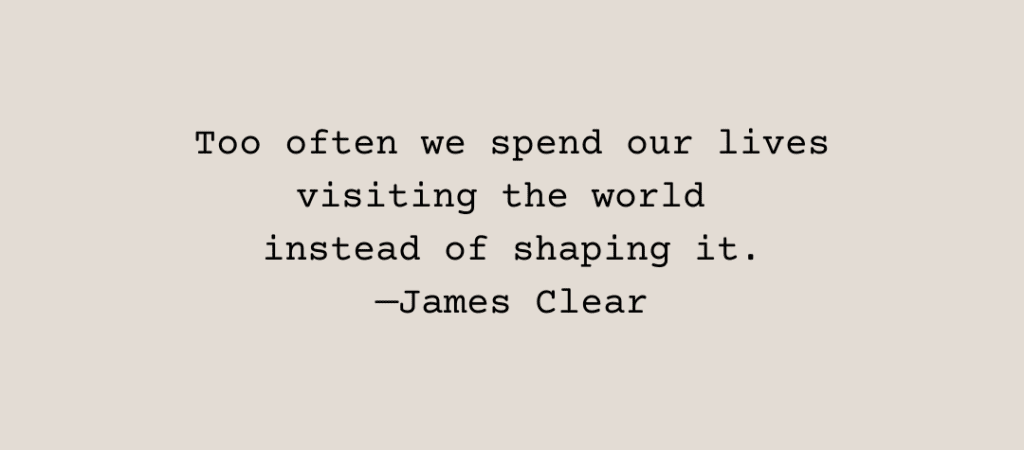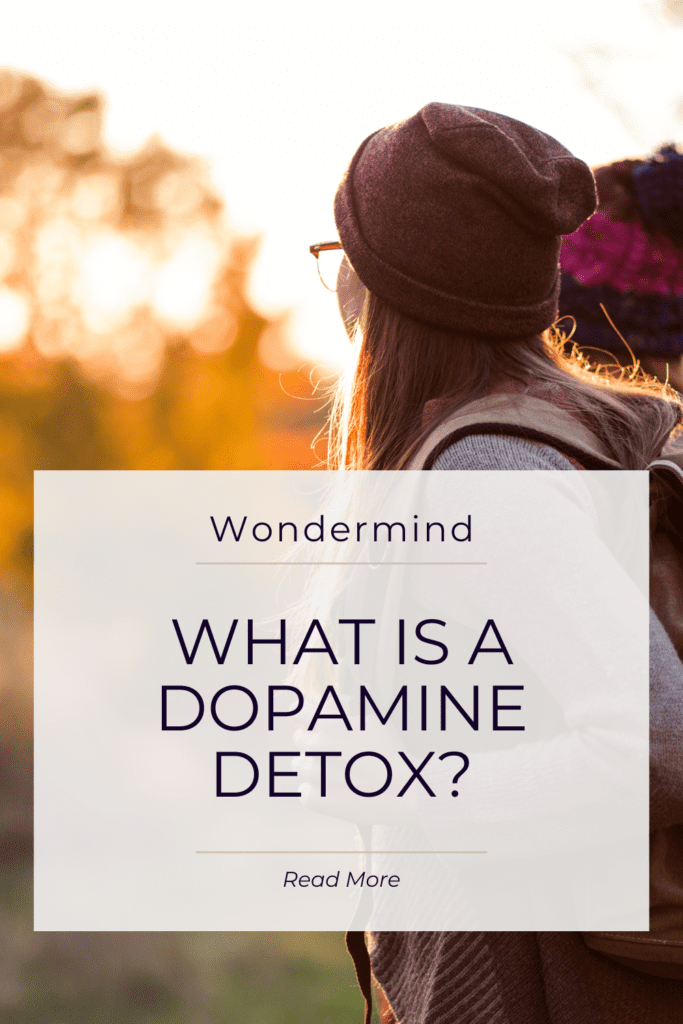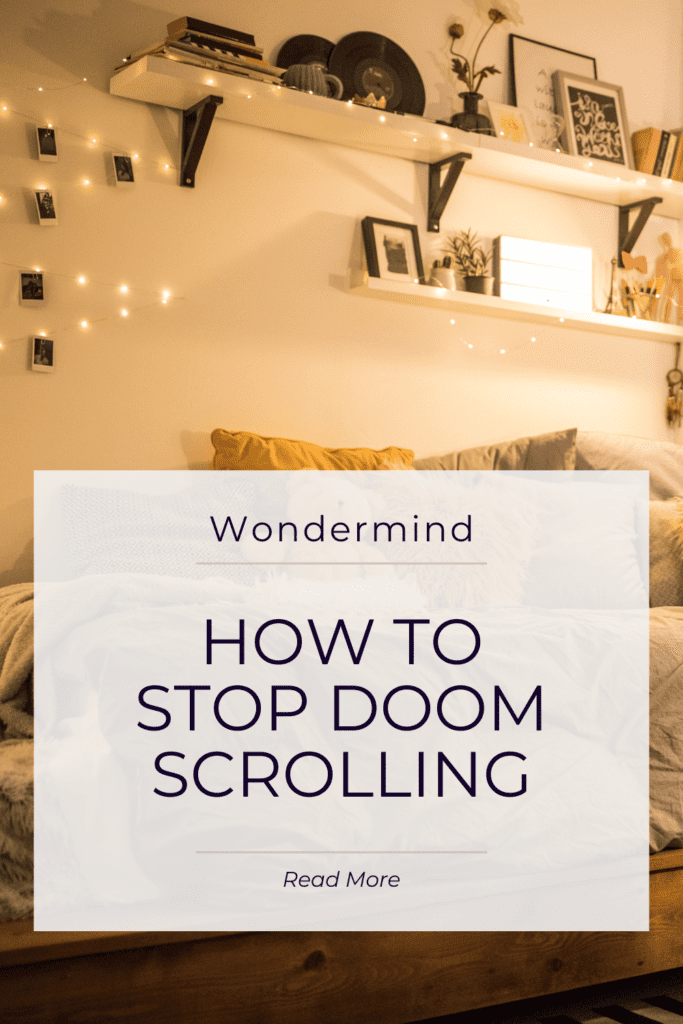Deleting Instagram from my phone was a win. One month on, I can say that the pros of deleting Instagram outweigh the cons. My Insta account is still there, but it’s no longer in my pocket, it’s no longer with me everywhere I go, and for that, I am grateful.
I am a 5am person, a person whose day is filled from the moment I wake to the moment my head hits the pillow. There is little time for Netflix and chill — I work full time, I’m a parent, and like so many of you, life is hectic and I have dreams to chase.
Why I deleted Instagram from my phone
A month ago I started tracking my mobile screen time. I was spending eight hours a week on Instagram(!!!). It was barely noticeable, with a few minutes here and there in the morning, when I was waiting at school pick-up or before bed at night.
Frankly, I was embarrassed for myself. Yet, I changed nothing.
I read somewhere that we can’t make lasting change until we’re ready for it, so I guess I wasn’t quite there.
The clincher that sealed the deal was when I stumbled across an Instagram account filled with historical facts, mysterious and unexplained events. My mind was chasing that dopamine, and Instagram was more than ready to deal that drug. I kept checking back to see what weird and wonderful snippet they had to share. I was allowing this random account to take up space in my mind and in my life.
I’ve always been trying to find spare hours to write and create, and I kept telling myself that I didn’t have time, that every minute of every day was needed for other, more important things. This random Instagram account was not an important thing.
In Atomic Habits, James Clear states that to break a habit, we should make it inconvenient, that we should “increase friction”.
In five seconds, it was done. I deleted Instagram from my phone. 1It was no longer in my hand, in my pocket or at my bedside.
Did I reinstall Instagram a week later?
Nope!
One week later, it felt like the dawn of a new era. I felt a little foolish, because I knew better. I’ve heard the reminder many times, to create, not consume:
“…the easiest way to live a short unimportant life is to consume the world around you rather than contribute to it.” —James Clear
I’ve always known I should create my own destiny, that no one else should even attempt to define my life, but yet, in my most quiet moments I allowed continual intrusion.
I’m not anti-Instagram, in fact, it’s my favourite social media platform. I like the quietness of Instagram compared to the rest, and I like creating a gallery of my favourite moments.
But, I feel like I’m behind the wheel again.
Unfortunately, Instagram, like any social media platform, is designed with multi-million intention — to keep us there as long as possible, to create and maintain addiction, FOMO and lull us into complacency.
Instagram can have value: connecting us with friends and family, finding incredible places to eat and raising awareness of important issues. But right now, I’m liking where I’m at.
What else has changed? A lot of things feel easier. I feel less “heavy”, less burdened, and my thoughts are more focussed in every way.
My mind is quieter — it no longer drifts to irrelevant memories and thoughts like what the latest nutritionist is saying about protein, what that cute golden retriever did or which shirt to buy from Uniqlo.
Also, I’m writing more. Win!

Deleting Instagram means more time for rest and creativity
One of the downsides of using social media is that we forfeit time for rest and creativity. The moment we feel boredom or discomfort, it’s easy to reach for our phone and mindlessly scroll.
In Hyperfocus, Chris Bailey says, “A primary reason many of us feel burned out is that we never give our attention a rest”, we simply jump from tasks (like work and study) and straight into devices and distractions that steal our time and attention.
Time away from social media helps us improve our ability to focus on what is important to us.
Contribute, not consume
When we browse social media, we are “consuming”. Often, what we are consuming is not that important, or even real.
“Too often we spend our lives visiting the world instead of shaping it.” —James Clear
In his article “The easiest way to live a short, unimportant life”, James Clear talks about how contributing to the world helps us live a meaningful life and how for prisoners of war, often this act is what kept them alive — contributing and knowing that they were worthy of being alive.
He also mentioned a longevity study which showed that those who lived the longest were active in their social life, that they visited neighbours, taught classes in town and passed on traditions to their children — they maintained a connection with the people around them.
This concept is well-regarded, that social interaction or a sense of belonging and community are key pillars in our overall well being.
We need to be connected to the real world, building real relationships and contributing to making it a better place. James Clear talks about how we can’t control the amount of time we have on this planet, but we can control how we contribute.
Don’t overthink it — James Clear states that our contributions don’t need to be grand gestures, “Play a game instead of watching one. Write a paragraph instead of reading one.”
“Be an adventurer, an inventor, an entrepreneur, an artist. Suggest your own ideas instead of reacting to everyone else’s. Be an active participant in life and contribute to the world around you. Make good conversation. Make good art. Make good adventure. But above all, make something.” — James Clear

The best parts about deleting Instagram from my phone
More sleep, more family time and much more time for writing and creating.
I also love being free of the guilt that often comes with mindlessly scrolling social media. I love being free of random, unimportant thoughts popping into my head: random memes and reels from people I don’t even know.
In his book, “The Subtle Art of Not Giving a F*ck”, Mark Manson states that when we care about everything, it makes it hard to care about the things that really matter.
In life, we 2“are constantly bombarded with messages to give a f*ck about everything, all the time… the problem is that giving too many f*cks is bad for your mental health. It causes you to become overly attached to the superficial and fake, to dedicate your life to chasing a mirage of happiness and satisfaction. The key to a good life is not giving a f*ck about more; it’s giving a f*ck about less…”
Instagram tries to define what we think about and what we care about.
Why give anyone that power?
Take back the wheel.
Notes:
1 I have access to Instagram on my laptop, which is enough. Thankfully, I don’t use it much there.
2 Dear Mark Manson, sorry I quoted but misquoted your book. Reader, Mark only censors f*ck on the cover, not inside the book.
Further reading:
- The Easiest Way to Live a Short, Unimportant Life – James Clear
- My five favourite books about having a growth mindset
- Atomic Habits by James Clear
- The Subtle Art of Not Giving a F*ck by Mark Manson
- Hyperfocus by Chris Bailey
Wondermind articles about social media and your mental health:



0 Comments